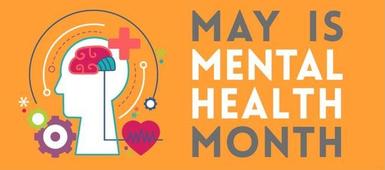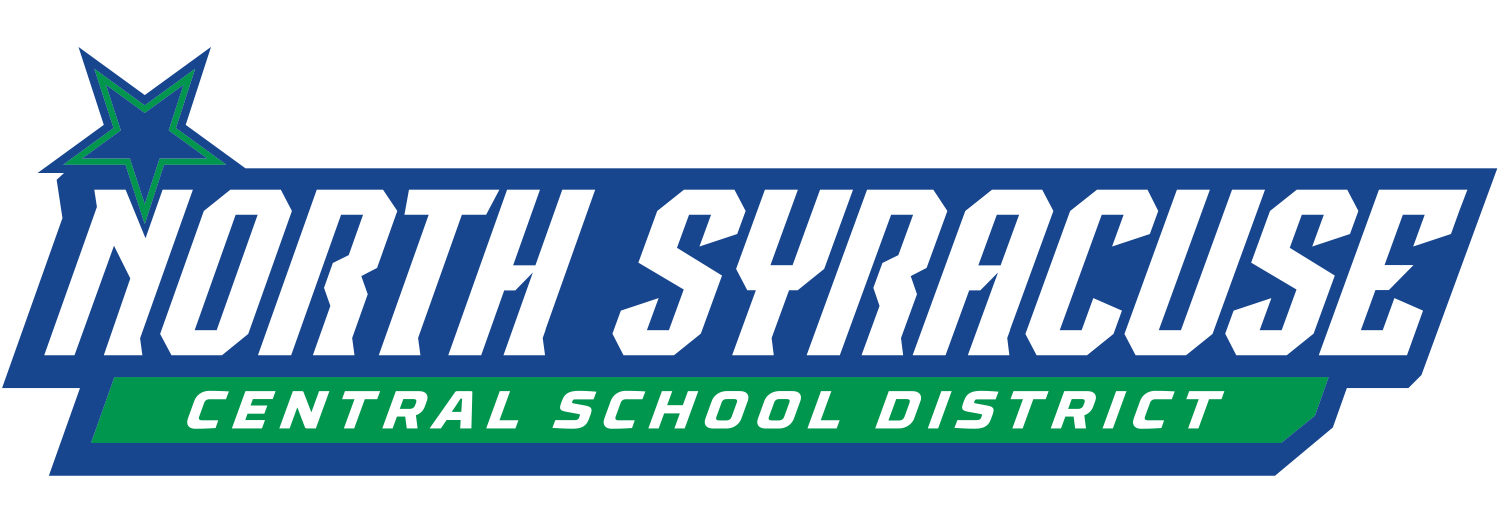May Is Mental Health Month
 |
The North Syracuse Central School District celebrating National Mental Health Awareness Month! The pandemic has taught us many things - chief among them is that our mental well being really matters. We are proud to observe the importance of mental health as well as to acknowledge the tremendous work in mental health done by the district mental health staff as well as our community mental health providers. The NSCSD is providing calendars of activities for families to use to make meaningful connections with their children. Click here to download the calendar for K-6 students or click here to download the calendar for grade 7-12 students. |
Why is there a mental health month?
The commemoration of May as mental health month started in 1949 to encourage the understanding of the importance of mental health and to support the healing of those who struggle with mental health concerns.
The needs are real!
According to the National Behavioral Health Foundation:
- 1 in 5 adults in America experience a mental illness.
- Nearly 1 in 25 (10 million) adults in America live with a serious mental illness.
- One-half of all chronic mental illness begins by the age of 14; three-quarters by the age of 24.
- Approximately 10.2 million adults have co-occurring mental health and addiction disorders.
From the World Health Organization:
- One in six people are aged 10-19 years.
- Mental health conditions account for 16% of the global burden of disease and injury in people aged 10-19 years.
- Half of all mental health conditions start by 14 years of age but most cases are undetected and untreated(1).
- Globally, depression is one of the leading causes of illness and disability among adolescents.
- Suicide is the third leading cause of death in 15-19-year-olds.
- The consequences of not addressing adolescent mental health conditions extend to adulthood, impairing both physical and mental health and limiting opportunities to lead fulfilling lives as adults.
What we can do:
- Raise awareness about the importance of mental health
- Reduce the stigma associated with mental health
- Educate others about mental health
- Advocate for policies that support those with mental illness and their families
- Let people know you are willing to talk about mental health (Click here for a great article from AFSP)
- Have a real convo about mental health (Click here for a YouTube video)
The CDC has great resources about youth and mental health. Click here to find out more.













